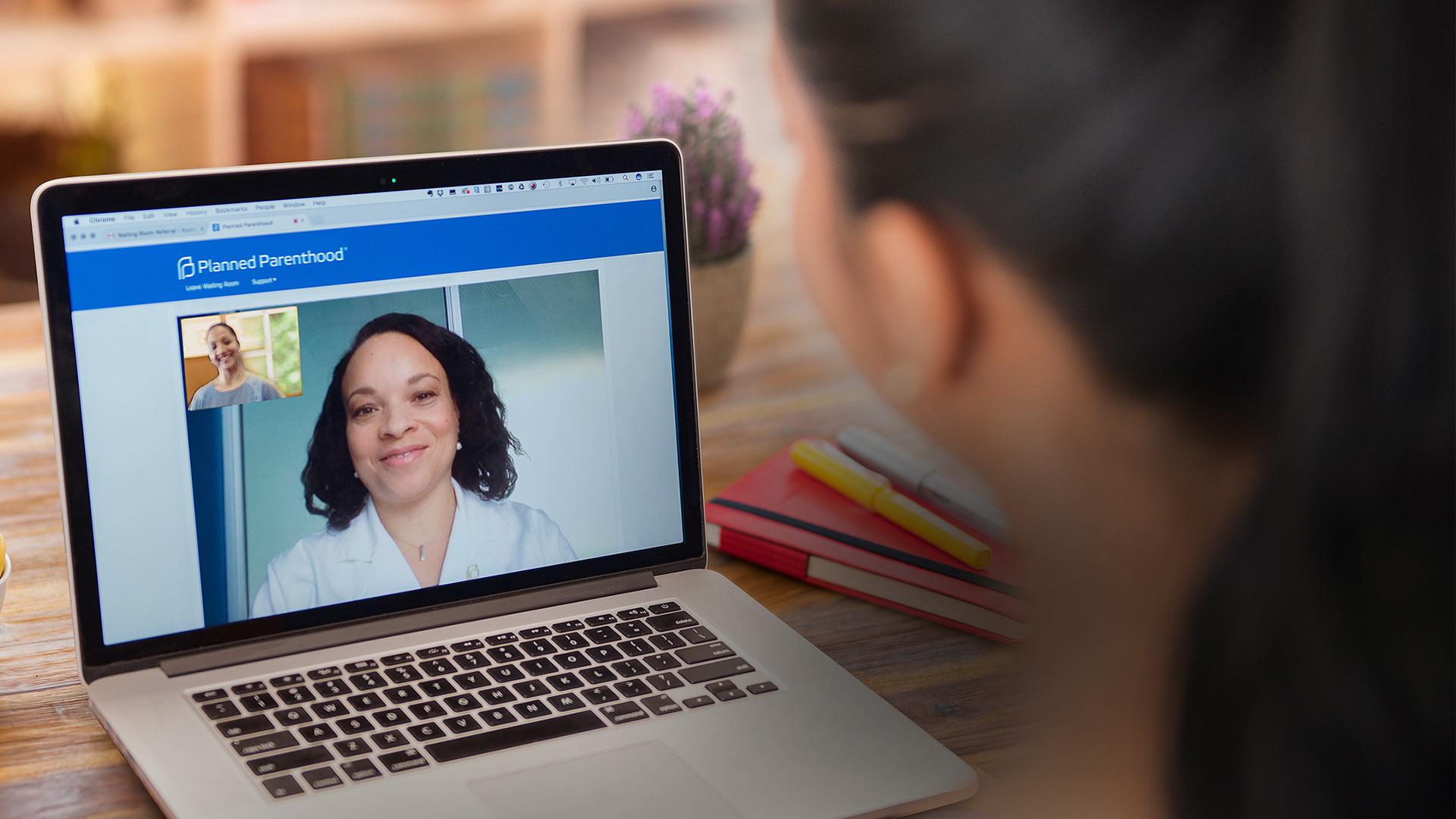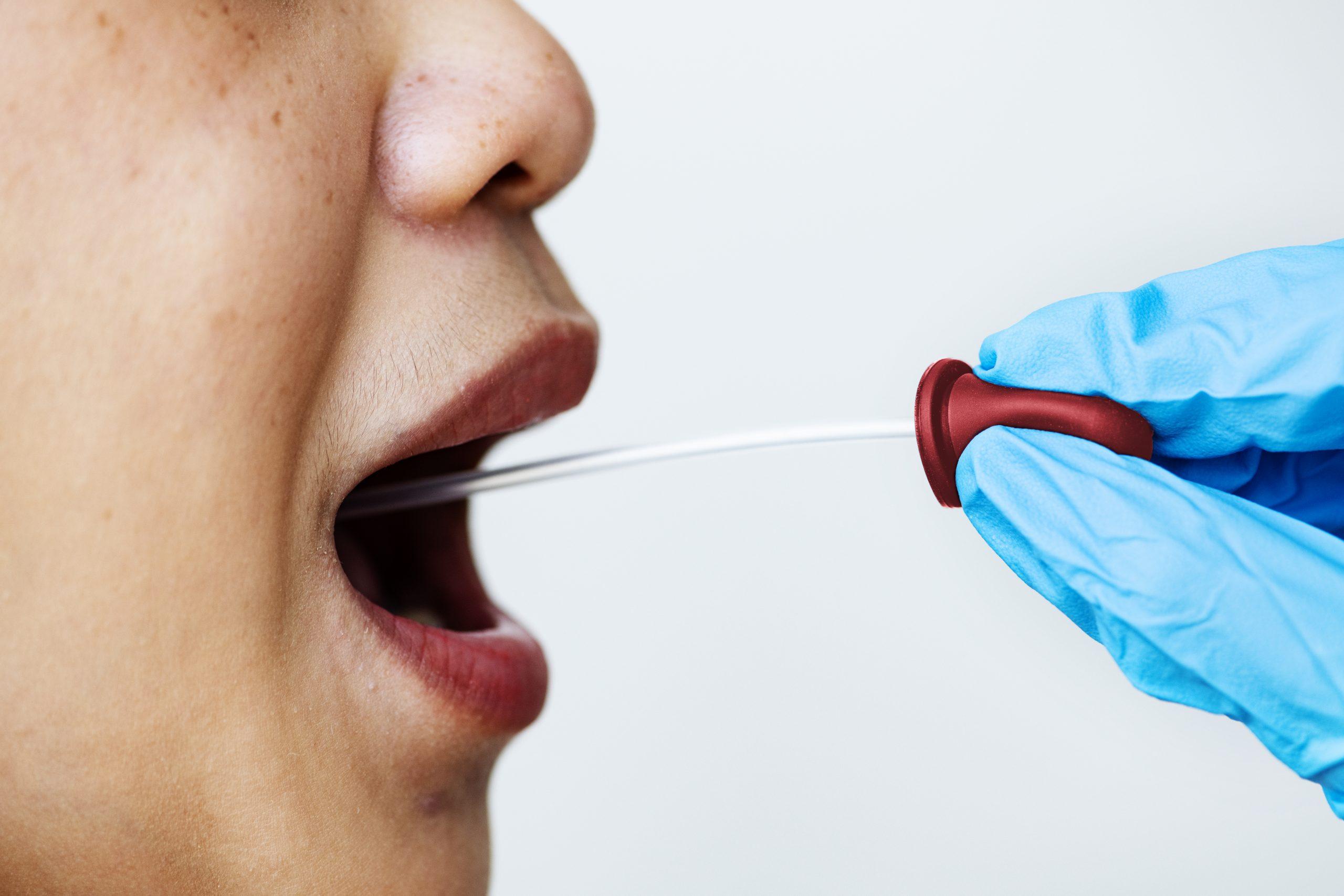How To Get Tested For STDs During COVID-19

Doctors and nurses have taken to media outlets, such as NBC News, to tell people to #stayhome unless it’s an emergency related to COVID-19. So, how are people getting treated for non-COVID-19 related issues, like sexually transmitted infection (STI) and sexually transmitted disease (STD)* testings?
The answer is via telehealth, in-person appointments, and at-home testing kits. However, there is a caveat.
Telehealth
During this pandemic, clinics like Planned Parenthood, are offering sexual and reproductive health care options through telehealth services like birth control, STD testing, and gender-affirming hormone therapy.
“Planned Parenthood expanded its telehealth services to connect patients to essential health care – without having to visit a health center or defy social distancing rules,” said Jacquelyn Marrero, Director of Media Relations, Planned Parenthood of Greater New York. “Through virtual appointments, New Yorkers can use their smartphones to video-conference or chat with our trusted health providers.”

GoodRx’s article defines telehealth as a virtual model that “supports and promotes long-distance clinical healthcare, patient and professional health education, public health and health administration.” Telehealth is different from telemedicine, which allows “patients to discuss symptoms, medical issues, prescriptions with a healthcare provider in realtime.”
In-Person Appointments
Although Planned Parenthood has telehealth options, they also have in-person appointments. “Patients who require in-person care can still seek high-quality, affordable services at PPGNY health centers,” Marrero continued. “Seventeen PPGNY centers across the state are prioritizing abortion care and other essential in-person sexual and reproductive health services including STI testing and treatment.”
At-Home Kits
In addition to telehealth services, some health facilities are providing telemedicine services by sending at-home STI testing kits to patients or encouraging them to buy their own.
According to the Kaiser Family Foundation, “some online telemedicine platforms provide at-home STI testing…Some platforms require a virtual consultation and charge a fee, but most allow [people] to purchase an STI test or testing kit with multiple STI tests without a consultation.”

How Do At-Home Testing Kits Work?
The Kaiser Family Foundation breaks down the logistics of at-home STI testing as follows:
“STI testing kits have options for genital, oral, and rectal chlamydia and gonorrhea testing, as well as syphilis, HIV, and trichomoniasis testing. Depending on the type of kit, individuals collect either urine samples, finger prick blood samples, or vaginal, rectal, or oral swabs, and mail them back for testing. Rather than providing at-home test kits, some entities, like Lemonaid and STDcheck.com, will order lab tests and individuals can get tested at a local clinic or lab.”
Repurposing STD Test Materials
Some labs that administer STD testing are using kits to test for COVID-19. Jen Gunter, OB/GYN and New York Times contributor, wrote:
“Given the short supply of test kits for COVID-19, many medical centers and labs are taking swabs and liquid from other test kits to jury-rig testing kits for the new coronavirus, so sampling kits for genital infections may be in short supply… But if you are at risk of an S.T.I., you should still seek out a test as soon as possible.”
Hopefully, repurposing kits will decrease now that the New York Post reported the FDA approved at-home COVID-19 testing with a doctor’s approval.
The Caveat
While health facilities are moving toward a telehealth model, some critics believe the switch will increase STI cases post-pandemic, according to The Hill.
In the same article, Christopher Hall, an HIV care physician in Oakland, CA and medical adviser to the National Coalition of STD Directors (NCSD) stated,
“Many clinics are pivoting to telehealth and diagnosing patients by listening to their symptoms, a technique called syndromic management… If your care system is relying on syndromic management alone and you’re not doing testing of asymptomatic people…, there’s going to be more transmission.”
STD Testing Is Still Important
Although COVID-19 is a major health concern right now, your sexual health is still important.
Mia Davis, the founder and CEO of Talk Tabu, couldn’t agree more. Talk Tabu is a wellness platform for all the things you’re too afraid to talk about related to pleasure, health and relationships.
“This pandemic is the perfect time to [get] all caught up on STI testing… With the hustle and bustle of daily life, it is easy to put off… getting tested. Of course, this is something many of us put off anyway due to stigma and/or misinformation… If we learn our individual STI statuses now and seek treatment, as needed, we can go out into the world post-quarantine confident in our sexual health and ready to take on the world!”
For more information about STI testing, contact your OB/GYN, local Planned Parenthood or purchase an at-home kit.
*STI and STD will be used interchangeably throughout this article.






